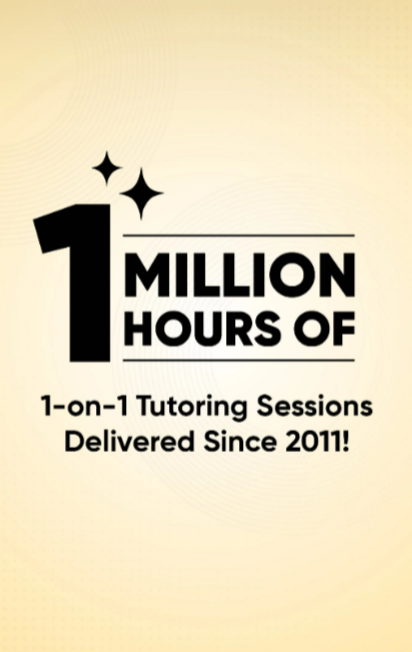How Online Tutoring Improves Problem-Solving and Critical Thinking in Trigonometry
Trigonometry can be a stumbling block for many students. It is not just about learning sine, cosine, and tangent formulas—it’s about recognizing patterns, applying logic, and solving problems in different contexts. For students who find this challenging, online tutoring has become an effective way to gain clarity and develop the skills needed to succeed.

Online trigonometry tutors do more than explain lessons. They train students to think critically, solve problems step by step, and connect what they learn to real-life situations. These abilities are what truly make a difference in mastering the subject.
Why Problem-Solving Skills Matter in Trigonometry
Trigonometry questions often require breaking a problem into smaller parts. Take this example:
Problem: A ladder leans against a wall at a 60° angle. The base is 5 meters from the wall. How high does the ladder reach?
Solution approach:
- Apply the trigonometric ratio: tan(θ) = opposite / adjacent.
- Substitute values: tan(60°) = h / 5.
- Solve: h = 5 × √3 (approximately 8.66 m).
An online tutor would guide the student to identify which trigonometric function fits the situation and explain the reasoning behind each step. This develops problem-solving habits that can be applied to a variety of questions.
How Tutors Strengthen Problem-Solving Skills
Breaking Problems into Steps
When working on the identity sin²θ + cos²θ = 1, tutors don’t simply provide the formula. They may use a unit circle to demonstrate why it always works, giving students a clear understanding rather than rote memorization.
Correcting Mistakes in Real Time
If a student confuses tan θ with cos θ / sin θ, the tutor can immediately correct the error and explain using a right triangle. This instant feedback prevents misconceptions from sticking.
Gradual Increase in Difficulty
A tutor might begin with a simple task like finding sin 30°, then move to a question such as: if cos θ = 3/5, find sin θ. By gradually increasing the challenge, the student develops both accuracy and confidence.
Exam-Oriented Practice
Example: A Ferris wheel has a radius of 20 m. When a passenger is at a 45° angle above the ground, how high are they sitting?
Working through such problems shows students how trigonometry appears in exam contexts.
How Tutors Encourage Critical Thinking
Critical thinking is about analyzing and questioning rather than memorizing. Tutors foster this mindset through different approaches:
- Interactive Visuals: By plotting y = sin x on a graph and shifting it by 90°, tutors ask, “What changes do you notice?” Students learn by observing patterns and reasoning through them.
- Relating Math to Real Life: When discussing angles of elevation, a tutor may connect it to how surveyors measure the height of a building. This helps students see practical uses for trigonometry outside the classroom.
- Encouraging Questions: Instead of simply telling students that sine equals opposite over hypotenuse, tutors ask, “Why does this ratio represent sine?” These conversations push students to think about the logic behind the concept.
Why Parents Are Choosing Online Tutoring in Late 2025
As 2025 comes to a close, parents are more focused than ever on long-term learning outcomes. The shift isn’t just about catching up on grades—it’s about preparing students for higher education and careers where analytical thinking is essential.
- Flexibility: Online tutoring easily fits into busy school schedules, extracurriculars, and family life.
- Personalization: Every student receives one-on-one attention, which is often missing in classrooms.
- Skill-Building Beyond Exams: Tutors are equipping students not just for test success, but for real-world problem-solving in STEM fields.
Real-World Examples
Example 1: A student preparing for Pre-AP Math applies trigonometric ratios to solve physics problems in projectile motion, guided step-by-step by their tutor. This support improves both math and science scores.
Example 2: Another student who once memorized formulas without understanding now confidently solves multi-step word problems because their tutor trained them to analyze, not just rush to the answer.
This approach focuses on lasting skills—problem-solving, reasoning, and confidence—that extend well beyond 2025.
Trigonometry does not have to be intimidating. With the guidance of an online tutor, students gain more than just help with homework—they develop the ability to analyze, reason, and solve problems independently. These skills not only improve test scores but also prepare students for future studies in science, engineering, and technology.
Choosing the right online trigonometry tutor today can turn a subject many students fear into one they approach with clarity and confidence—well into 2026 and beyond.
 United States
United States United Kingdom
United Kingdom Australia
Australia Canada
Canada Middle East
Middle East Europe
Europe